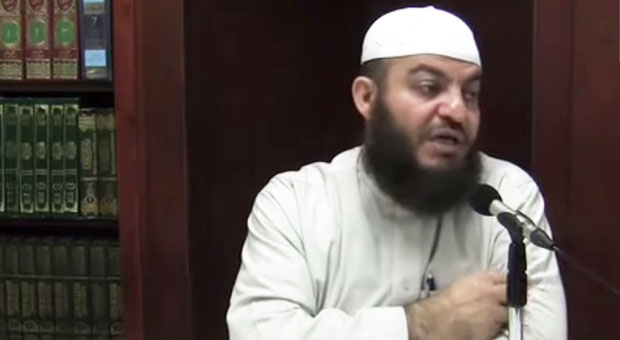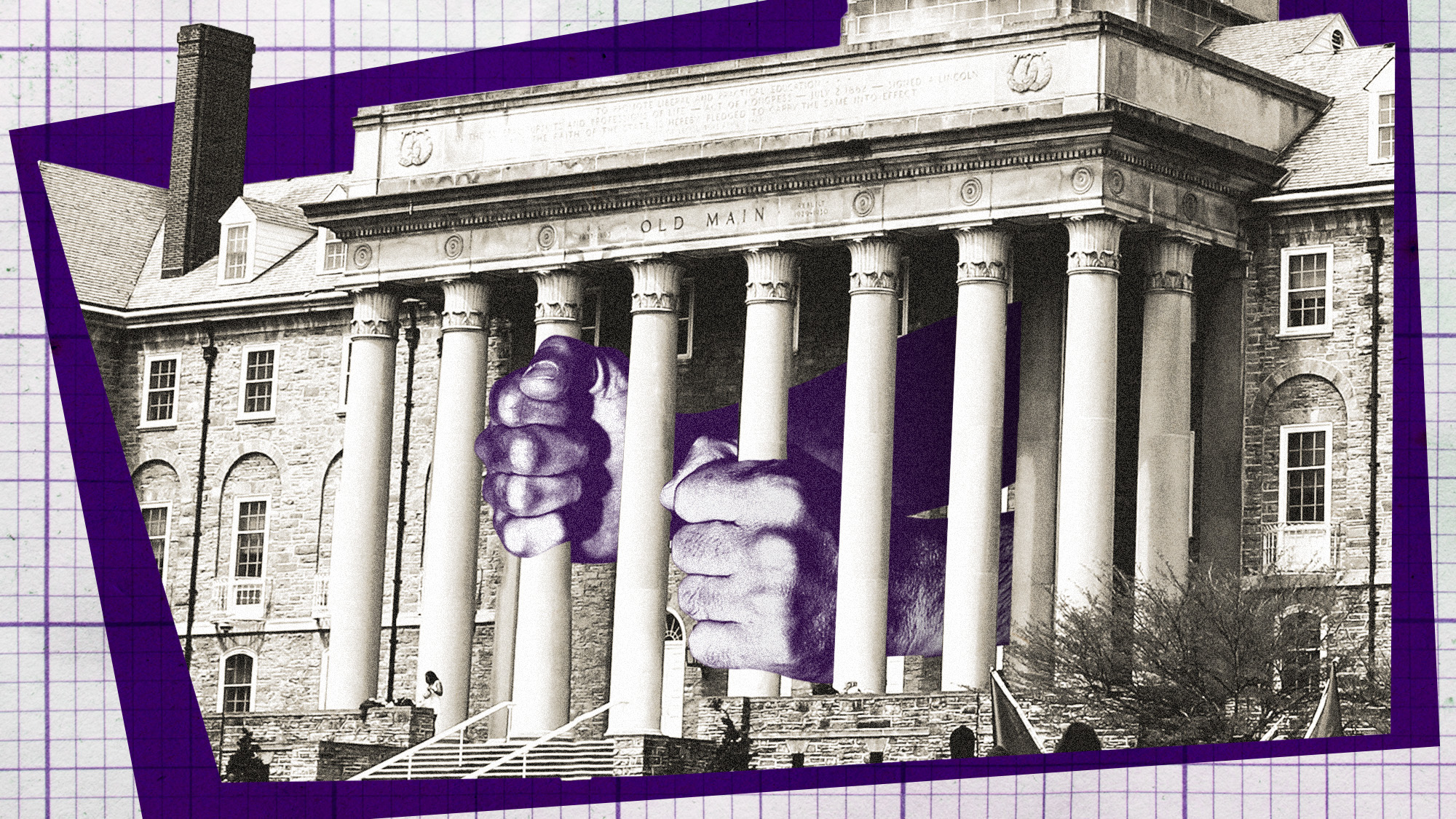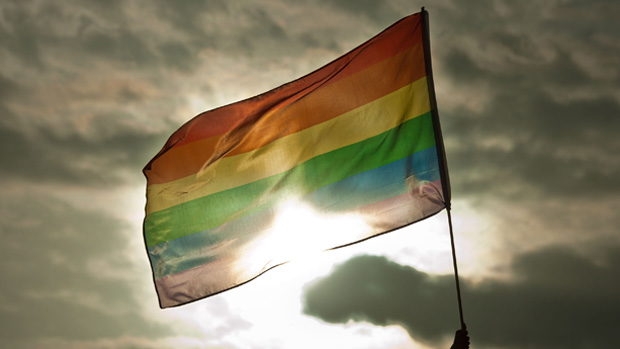Free speech or safe space: which should universities protect?
Critics argue that safe space policies at British universities have become a direct threat to freedom of speech

A free daily email with the biggest news stories of the day – and the best features from TheWeek.com
You are now subscribed
Your newsletter sign-up was successful
Last week, a controversial Islamic cleric was due to speak at the University of Westminster, but the event was postponed for security reasons after it was revealed that the Islamic State militant Mohammed Emwazi, also known as Jihadi John, attended the university.
Sheikh Haitham al-Haddad, who calls homosexuality a "criminal act", advocates female genital mutilation and argues that domestic abuse is a private matter, was due to be hosted by the university's Islamic Society days before a national LGBT event was to be held there.
More than 3,000 people have signed a petition calling on the university to stop al-Haddad from "preaching hate on our campus".
The Week
Escape your echo chamber. Get the facts behind the news, plus analysis from multiple perspectives.

Sign up for The Week's Free Newsletters
From our morning news briefing to a weekly Good News Newsletter, get the best of The Week delivered directly to your inbox.
From our morning news briefing to a weekly Good News Newsletter, get the best of The Week delivered directly to your inbox.
"How is it possible to create a safe space for thousands of LGBT students if an anti-gay preacher is allowed on campus a day before," the petition asks.
The university defended its decision to allow al-Haddad to speak, saying that it was "committed to maintaining freedom of speech and a diversity of views" and that "respect and tolerance" would also be ensured.
This is the latest case to reignite the debate over safe space policies at universities, with critics arguing that they infringe on the values of freedom of speech.
What are safe space policies?
A free daily email with the biggest news stories of the day – and the best features from TheWeek.com
They are designed to create "an accessible environment in which every student feels comfortable, safe and able to get involved in all aspects of the organisation free from intimidation or judgement".
They replace the No Platform policy – a long-standing National Union of Students policy that refused a platform to far-right and extremist speakers. Safe space policies have been adopted by 22 universities across the UK, according to the Times Higher Education.
Do they infringe on free speech?
Critics argue that safe space policies are too wide ranging and limit free and open debate at universities. "It might appear a well-meaning consideration to have, but it masked a wider phenomenon which anyone concerned with free speech and intellectual inquiry should be worried about," argues Liverpool student Christopher Becket in the online magazine Spiked.
"The policy is dangerously vague, and speaks to a sense of emotional entitlement that is at odds with the reality of democratic society," argues Ian Dunt in The Guardian.
Speaking about Al-Haddad's speech at Westminster University, the National Secular Society argues that the best response to his "poisonous narrative" is not to ban him from speaking, but rather to hold an "open discussion and debate, where it can be systematically exposed, ridiculed and defeated."
Why are safe spaces important?
Tim Squirrel, former president of the Cambridge Union defended the policies. "Every time you invite [...] a racist or a homophobe, you're not endorsing their views, but you're legitimating their views as something that's up for discussion."
Squirrel argues that discussions in which freedom of speech is the sole priority can potentially trigger victims and cause psychological damage."These are not abstract views. They affect real people."]
-
 Gisèle Pelicot’s ‘extraordinarily courageous’ memoir is a ‘compelling’ read
Gisèle Pelicot’s ‘extraordinarily courageous’ memoir is a ‘compelling’ readIn the Spotlight A Hymn to Life is a ‘riveting’ account of Pelicot’s ordeal and a ‘rousing feminist manifesto’
-
 The EU’s war on fast fashion
The EU’s war on fast fashionIn the Spotlight Bloc launches investigation into Shein over sale of weapons and ‘childlike’ sex dolls, alongside efforts to tax e-commerce giants and combat textile waste
-
 How to Get to Heaven from Belfast: a ‘highly entertaining ride’
How to Get to Heaven from Belfast: a ‘highly entertaining ride’The Week Recommends Mystery-comedy from the creator of Derry Girls should be ‘your new binge-watch’
-
 Is academic freedom in peril?
Is academic freedom in peril?Today's Big Question Faculty punishments are on the rise
-
 Can an LGBT school really help young victims of homophobia?
Can an LGBT school really help young victims of homophobia?In Depth Charity claims proposal is about 'saving lives' but critics say it is a move in the wrong direction